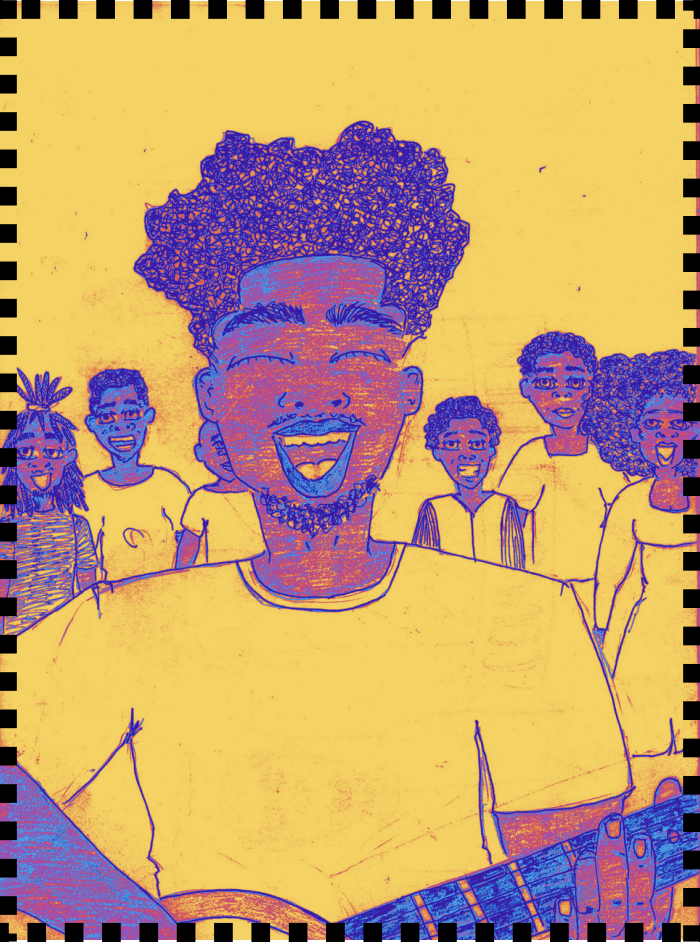For centuries, African people have passed their histories down through oral storytelling.
That’s how J.P. Hales-Bâ learned his stories — his dad read him West African folktales at bedtime.
“Even when learning about some of the more tragic things in my lineage, it gave me a sense of dignity,” he said.
When his friends started having kids, he wanted to make that experience easier for them to access. So he wrote a children’s book, “Jawara’s Journey.”
In it, a boy goes through a coming of age ritual practiced by the Bassari people of Senegal. His elders teach him essential skills. Along the way, he learns how so many generations of Africans in the diaspora have kept their traditions alive.
“For, I think — African American kids, specifically — it's critical that we understand our history doesn't start here. It doesn't start because we came here under duress. It's important to know that we had a history before that and that we've retained it,” he said.
Many current elements of Black American culture, music, food and fashion still trace their roots back to African traditions.

“It says a lot about our ancestors, that they were able to have a plan for future generations and teach us who we were, even while dealing with extreme circumstances,” he said.
To Hales-Bâ, it shows their heritage is not just tragedy, but extraordinary resilience.
That lesson matters. Some studies show Black children who learn about their heritage before slavery tend to have higher self-esteem and school performance.
“Jawara’s Journey” is keeping heritage alive in more ways than one.
Through March, Hales-Bâ said he will be donating the proceeds to fire relief in Altadena.
“That was a safe haven for African Americans leaving the Jim Crow South,” he said. It's been a Black community in Los Angeles County for decades. And now that it's been destroyed, a lot of people there are concerned that big corporations might come in and buy large plots of land or that people might be relocated, similar to what we saw in Louisiana with Katrina. So a lot of people, we’re all pulling together our resources to help keep that community what it's been.”







